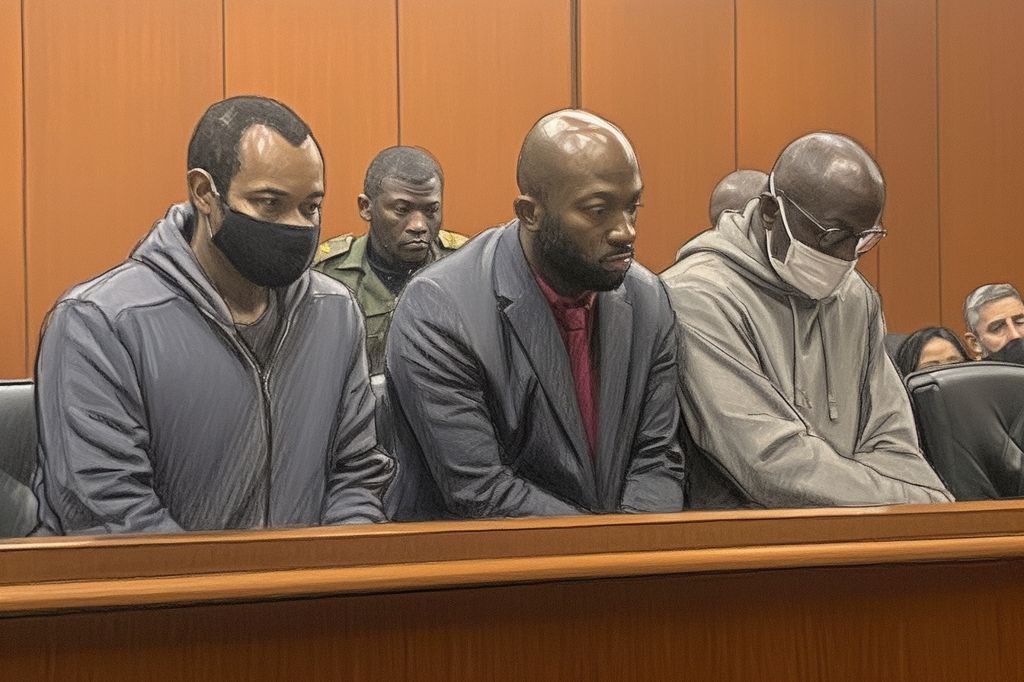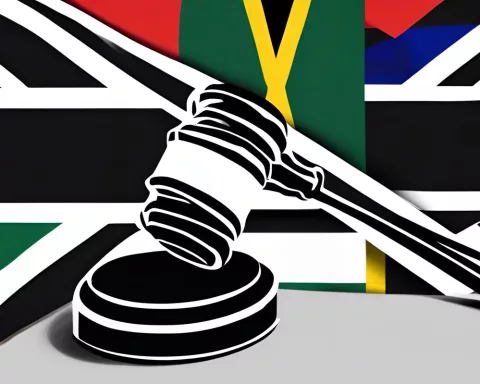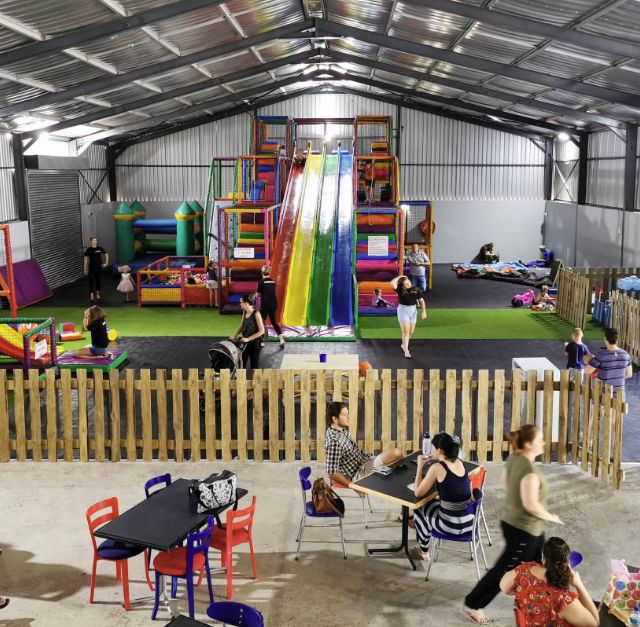Three members of a notorious gang that terrorized people in three areas of South Africa have recently been found guilty and given a total of 705 years in jail. The three criminals, Calvin Congo Mabunda, Sibusiso Shamase Mkhwanazi, and Bhova Sticks Nkuna, were given their sentences by the South Gauteng High Court. They were found guilty on 19 charges, including murder, robbery, assault, attempted murder, possession of guns, ammo, and kidnapping.
The gang’s crime spree occurred in the Mopani district in Limpopo province between 2017 and 2018. The gang members followed their victims home after observing them withdraw cash from the bank. They often targeted pensioners, and once the victims left the bank, they were followed by other members of the gang, who then broke down their front doors and robbed them of their cash and other valuables.
Police Work and Investigation
After the gang went on a violent crime run in Giyani, the police set up a special task force to catch them. After robbing a Superspar worker at gunpoint on January 6, 2018, the gang members were finally caught that day. During the robbery, a shot was fired, which saw the attention of nearby police officers on watch. They gave chase and caught Mkhwanazi and Mabunda at Homu 14 village. The next day, a blue car also involved in the robbery was found. After a shootout in which a bullet hit a police van, Bhova was caught.
The trial started in August 2019 and was based on work done by detectives from the South African Police Service (SAPS) and different banks. The South Gauteng High Court was where all the cases from the three provinces were brought together. On Tuesday, the suspects were given their punishments.












